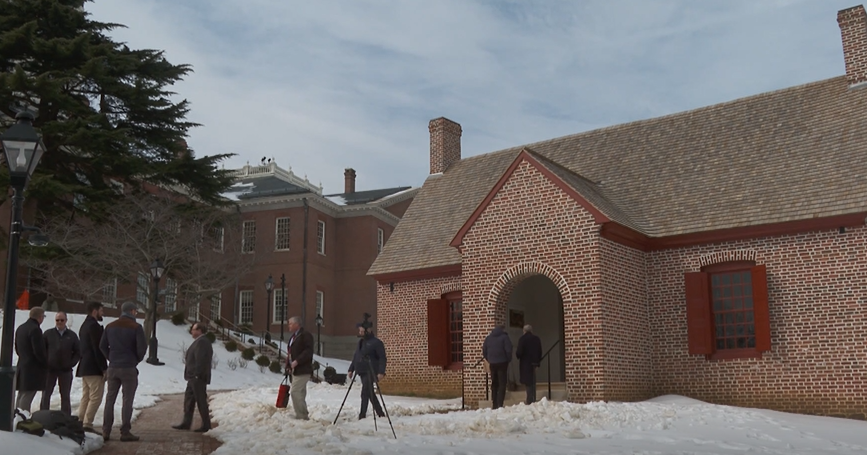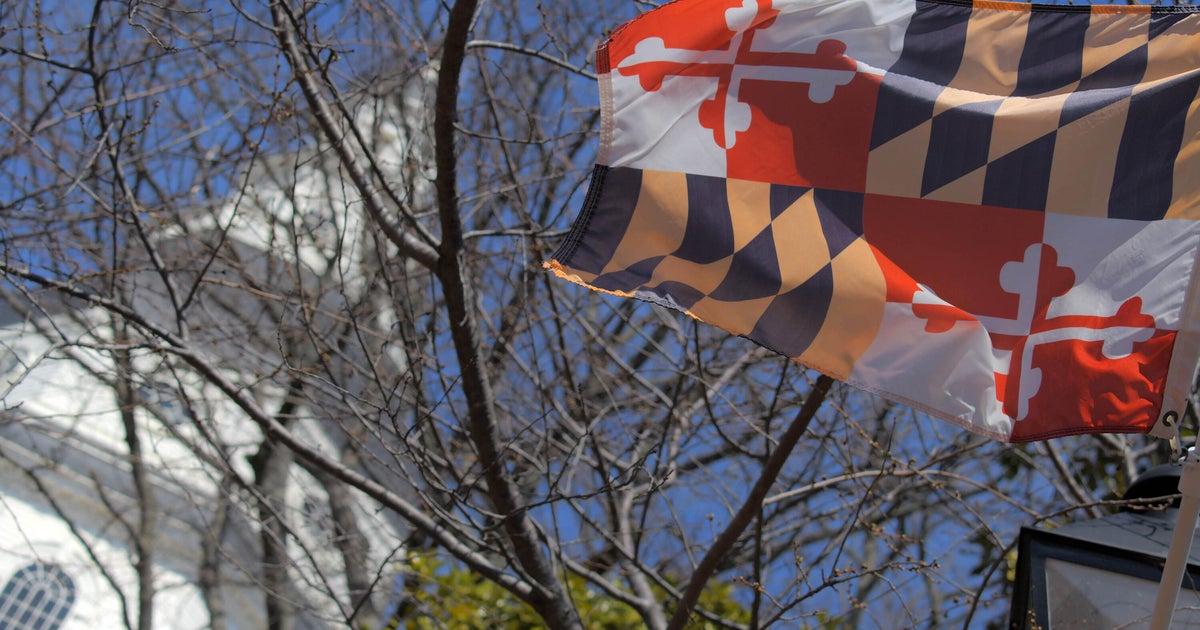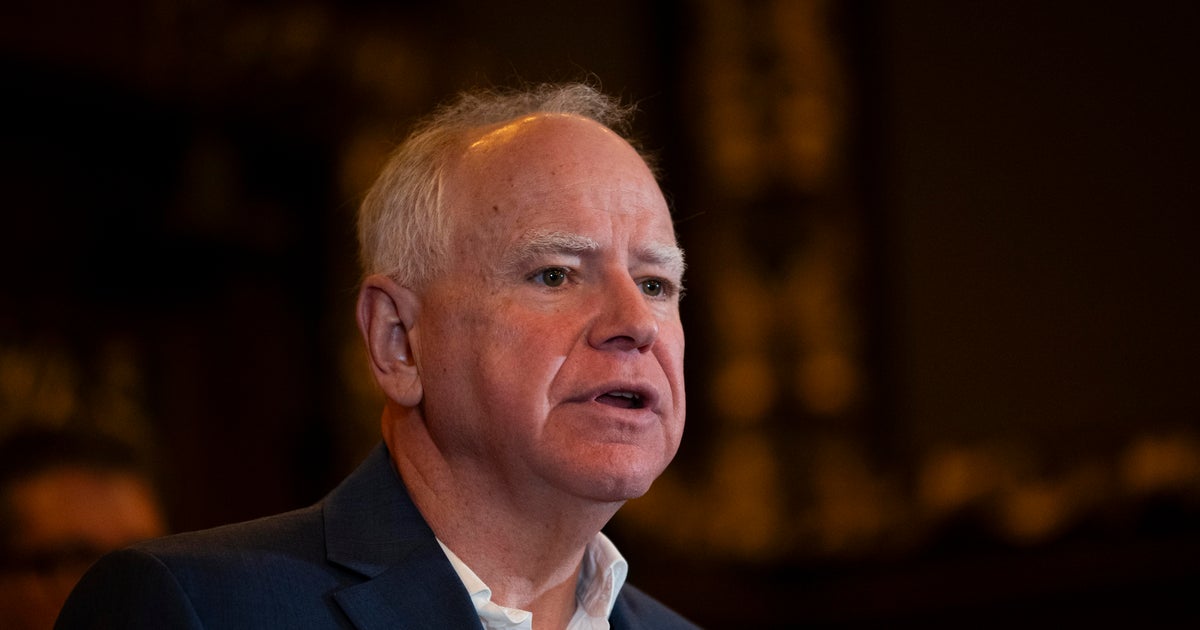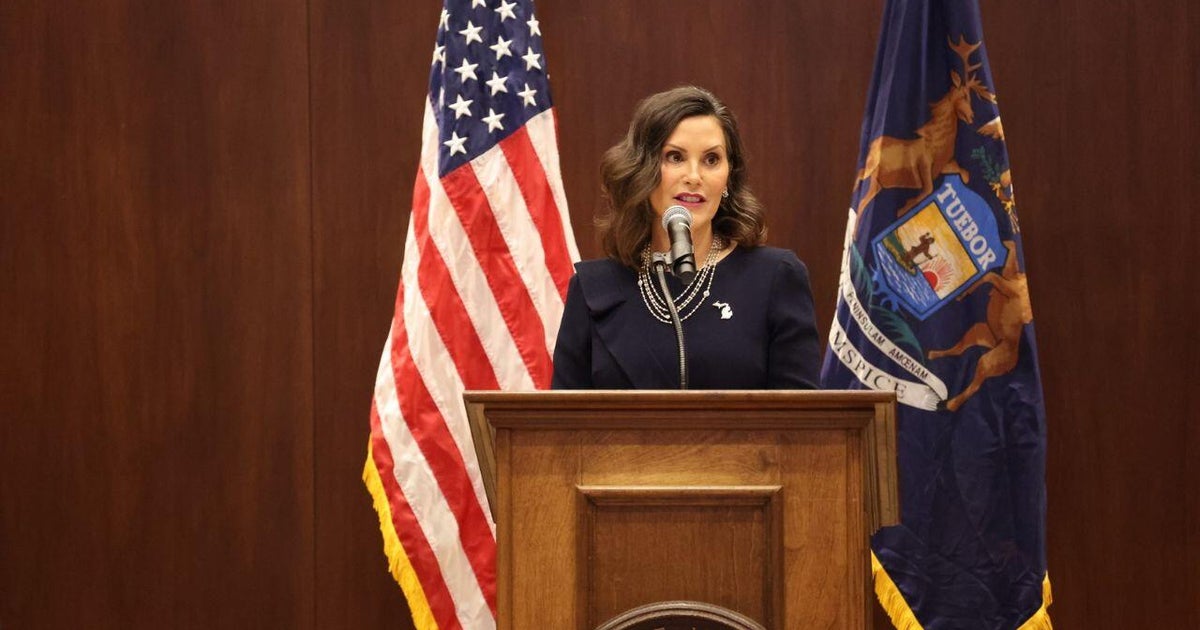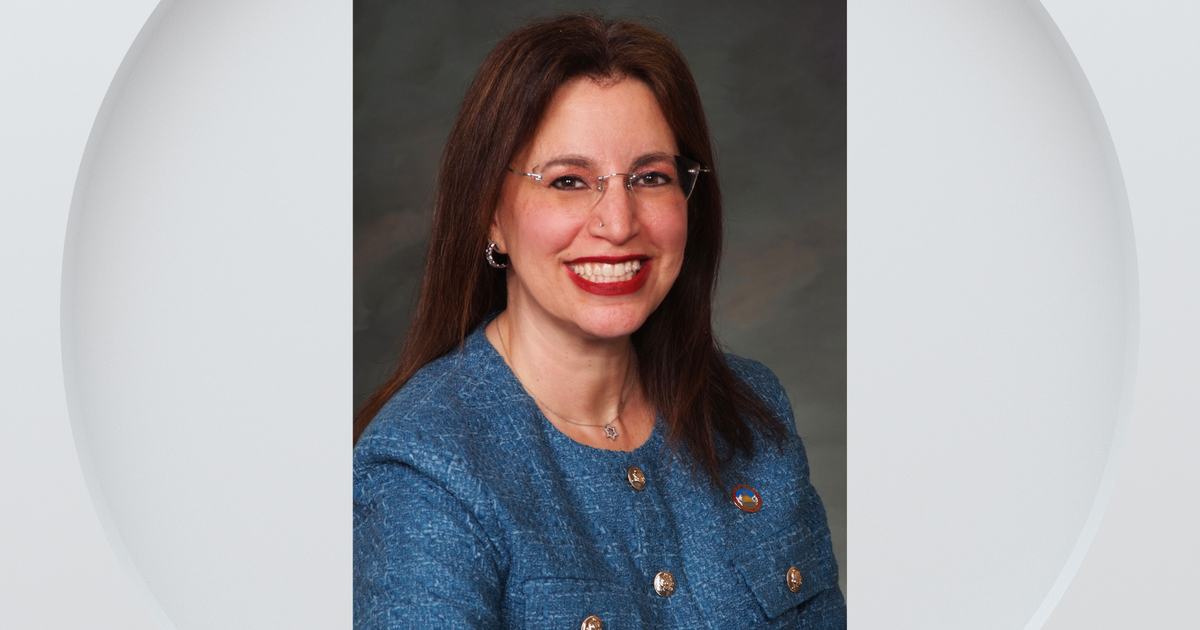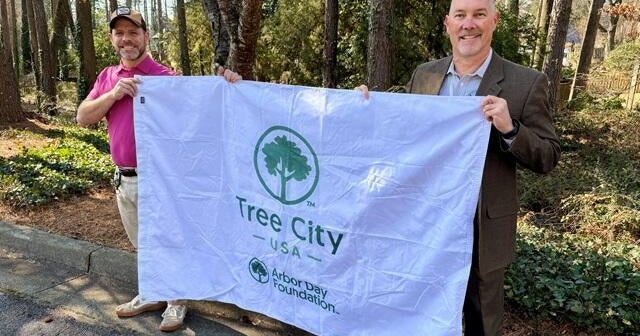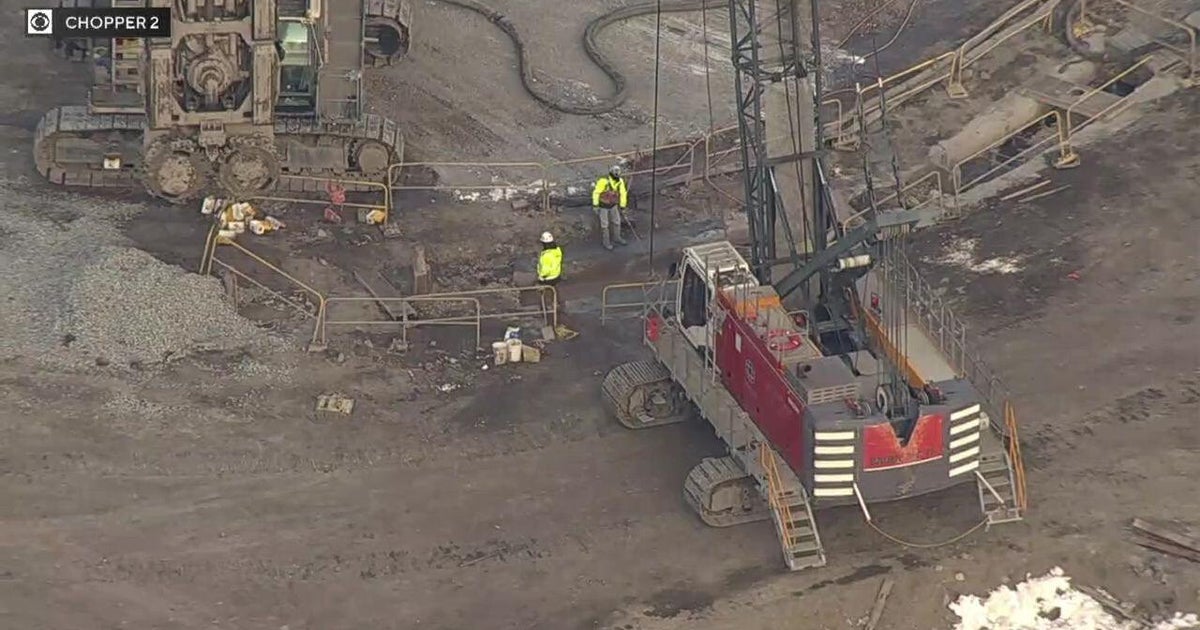O'Malley Not Eager For Table Games In Maryland
BALTIMORE (AP) -- Gov. Martin O'Malley said Wednesday he believes a push to legalize table games in Maryland casinos is a distraction to more productive actions lawmakers should be discussing to improve the state this legislative session.
O'Malley spoke Wednesday night during a forum at The (Baltimore) Sun with the newspaper's opinion editor, Andrew Green, who posed questions submitted by Maryland residents to the governor.
"I'm not barking up that tree," O'Malley, a Democrat said, referring to the push for table games.
The governor, who has long expressed misgivings about expanding gambling further in the state beyond slot machines, underscored that he respected differing opinions on the matter in the Legislature. He emphasized that he respected Senate President Thomas V. Mike Miller, a supporter of expanding gambling to better compete with neighboring states that have table games.
"Some of the most difficult things that we had to do we would not have been able to do without his leadership," O'Malley said of the Senate president. "But it's not part of my budget proposal, and I think it's a distraction from the better and much more productive conversation we should, could and are having about what sort of choices we need to make to give our children a better future."
Legislation in Annapolis would allow table games like blackjack and craps at Maryland casinos. It also would allow a casino to be built in Prince George's County. Currently, Maryland casinos are limited to slot machines. Two casinos are currently open in Maryland in Perryville and near Ocean City. A third in Anne Arundel County is due to open this summer. Bidders are seeking licenses for casinos in Baltimore city and Rocky Gap State Park.
Maryland residents approved a constitutional amendment in 2008 allowing 15,000 casinos at five locations. More than three years later, only two have opened with about 2,300 slot machines. The state's largest in Anne Arundel County will have about 4,750.
Rick Abbruzzese, O'Malley's director of public affairs, said the governor would not stand in the way of legislation, if the General Assembly were to pass a bill. Even if lawmakers approve, voters would have to decide the matter in a referendum in November.
O'Malley bristled when Green posed a question from someone who asked what happened to all the revenue that supporters of legalizing slot machines touted more than three years ago when they were building public support for a constitutional amendment. The person said part of the reason slot machine backers said voters should approve the amendment was to prevent future tax increases, a number of which O'Malley has proposed this year.
"No, that's a crap argument," O'Malley said, adding that he did not personally say slot machines revenue would make tax
increases unnecessary.
O'Malley also noted his reluctance to push for legalizing slot machines in the first place.
"That was not an argument that I ever made," O'Malley said, referring to slot machine revenue as an alternative to taxes. "In fact, I said at the time of the passing of this -- coming up with this compromise -- I was very ambivalent about this and a lot of my ambivalence flowed from what I thought was a dumbing down of the most valuable thing that we have, which is our sense of civic responsibility. I mean you can't fund -- you can't fund -- important things that we do together just on the backs of gambling gimmicks or bake sales or lotteries or other things."
As backers of slot machines worked to build support for the constitutional amendment in 2008, tax increases were mentioned as a possible consequence if the ballot measure failed.
Frederick Puddester, who was appointed by O'Malley to head the Maryland Stadium Authority and led a pro-slots effort called For Maryland, For Our Future, noted during a panel discussion organized by The Associated Press for a Maryland-Delaware-D.C. Press Association conference in April 2008 that Maryland was facing a budget deficit of hundreds of millions of dollars that slot machines were needed to help address.
"We have this referendum, which will generate that kind of money, or we can increase taxes on people, on citizens, and the businesses or we can cut critical programs," Puddester said at the time.
(Copyright 2012 by The Associated Press. All Rights Reserved.)

